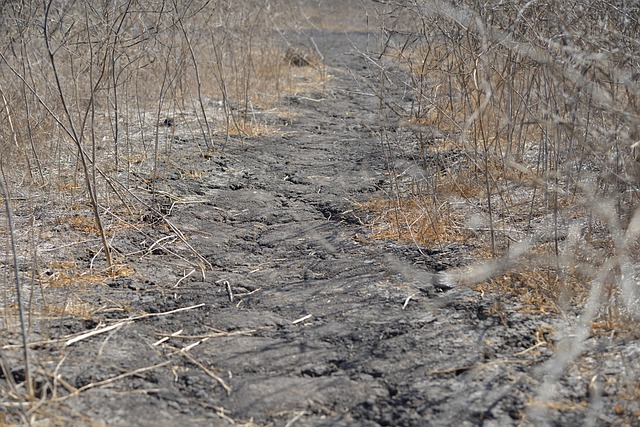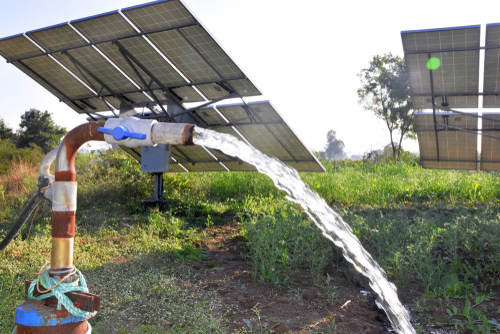The harvest of field crops in Serbia is almost over, but the consequences of the drought are still being assessed, with predictions that the damage will reach at least 130 billion dinars. This drought has a significant impact on agricultural production, and especially on the price of agricultural products. Professor Petar Veselinović from the Faculty of Economics in Kragujevac points out that one of the main reasons for this damage is the lack of an adequate irrigation system, as well as the increasingly pronounced climate changes.
The biggest losses were suffered by soybeans, whose yields do not exceed two tons per hectare, which is insufficient to cover the invested costs. On the other hand, sunflower had the least losses, while the yield loss in corn and beet was estimated at 10 to 15 percent. This situation has a bad effect on farmers, especially those who are preparing for autumn sowing.
Vladimir Lazarov, a farmer from Omoljica near Pancevo, points out that inputs for agricultural production are extremely expensive, including seeds and other necessary materials. He hopes for state aid through subsidies of 17,000 dinars per hectare, as well as the possibility of taking interest-free loans for raw materials, which could help reduce production costs.

Consequences of drought (and can the deficiency be compensated)
Although subsidies have been increased, farmers still feel the pressure, as raw material traders have already raised prices, especially seeds. Zoran Rajić from the Faculty of Agriculture in Belgrade spoke. He explains that some parities have already been broken. At the same time, he cited the example of mercantile wheat, where the ratio is 1:3, which had never happened before. For this year, the Ministry of Agriculture has decided about one billion and 300 million dinars for subsidized loans, which means that six to seven billion dinars are pumped into agricultural production. Rajić points out that farmers are more careful with the money they borrow, than with the direct subsidies they receive as “living money”.
Many economists believe that investment-oriented subsidies are more beneficial than direct grants. This attitude is often emphasized during the discussion of the agricultural budget, whose measures are still being created. The focus is on increasing support through loans and investments, instead of direct aid. This type of aid could contribute to a more sustainable development of agriculture and a more resilient system to climate change.

Farmers are now facing the challenges of autumn sowing, while the damage from the drought is accumulating in parallel. In such conditions, many rely on government aid and loans to cover costs and ensure at least a minimal profit in the coming season.
Source: The new economy
Source: boljazemlja.com


